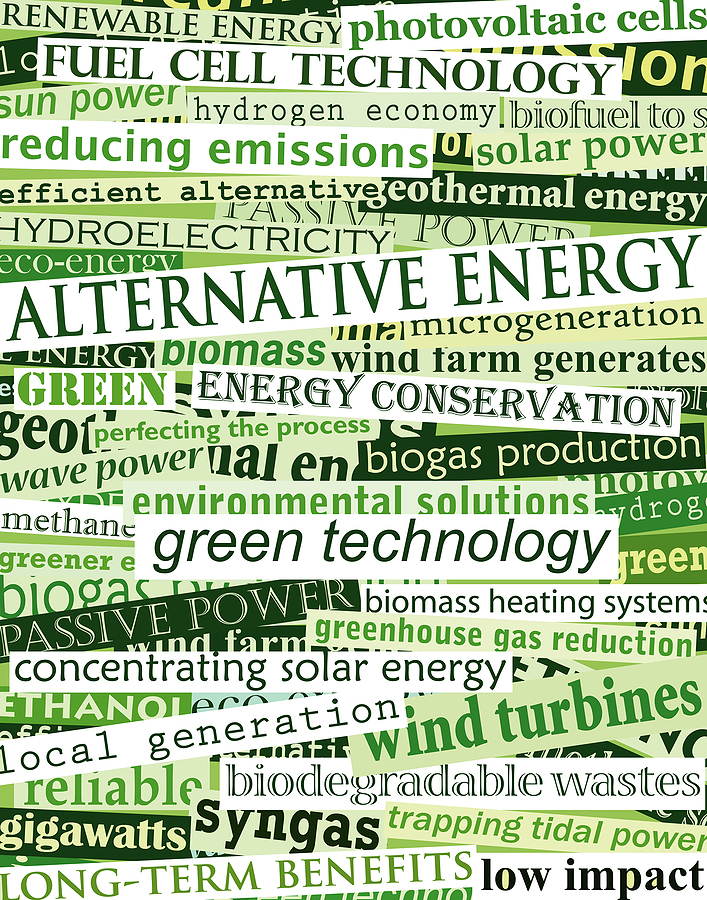
Investments in Clean Energy Make Us Safer
This December, countries from around the world will meet in Paris to develop an international climate agreement that will attempt to cap warming at 2˚C – the threshold scientists have warned us not to cross. The United States should lead the way in climate research, technology, and adaptation. However, the nation has acted slowly relative to others, which prolongs environmental degradation and threatens our security.
To reverse this trend, legislators must (1) realize the threats climate change poses to our security; (2) invest in climate-related R&D that paves the way for cleaner energy, and (3) expand and improve the usage of already-existing clean energy technologies.
Climate change poses significant threats to both national and global security. A 2007 IPCC report outlines the potential hazards and their likelihoods a warming climate can have on society. This includes heavy precipitation events (very likely), intense tropical cyclone activity (likely), drought increases (likely), and more.
Droughts particularly threaten our security in multiple ways. A study has shown that global warming has intensified the recent drought in California. These severe droughts can shorten food supplies, increase costs, and divert resources away from other areas.
Droughts in areas of conflict can exasperate terrorist mobilization. After observing century-long climate trends in the Fertile Crescent region, a study found that the drought in Syria helped catalyze civil unrest. The resulting chaos that ensued has claimed the lives of thousands, ignited the current refugee crisis, and created a hotspot for terrorism and extremism.
The effects of climate change on security have not gone unnoticed by our government and think thanks. The Department of Defense created a roadmap in 2014 to combat the adverse effects climate change has on our water, health, and food supplies. Failure to act could lead to hindered military operations due to damaged infrastructure.
Likewise, a Council on Foreign Relations report notes that weak government responses by nations strongly affected by natural disasters could proliferate radical movements that attack western interests.
To better combat these threats, the United States needs to further invest in clean energy technologies. One option involves nuclear fusion. Harvesting it, though, remains a slow and elusive process.
Despite this, progress has occurred.
Tri Alpha has recently shown they could maintain a reaction for five milliseconds by using an unconventional approach that utilized hydrogen-boron fuel. JET serves as a precursor to ITER, and investigates fuel isotopes’ effects on plasma performance. The NIF works to increase the density of the deuterium-tritium fuel in order to achieve fusion energy. So far, they have recorded a density higher than that of any other lab. These successes suggest that the government, and the private sector, should consider increasing their investments.
Some might have concerns regarding the high cost of research. However, such research has indirectly led to a great deal of new discoveries. These include improved waste mediation, anti-microbial treatments, water purification methods, and more.
Furthermore, the price tag of inaction has become extraordinarily high: roughly $369 trillion. The price tag for funding fusion, on the other hand, sits at roughly $30 billion over 10 years. In other words, investment costs a great amount of money, but inaction costs even more.
However, one fact may trouble fusion enthusiasts: a working reactor will not arrive for at least another decade, probably longer.
In the meantime, the U.S. should encourage states to expand their green energy programs. Hawaii has stated its goal of using 100% renewable energy by 2045, though they need better technology to achieve it. Such technologies will undoubtedly involve better storage techniques, another area the government should invest heavily in.
Storage remains key for the near future. Without effective and cost-efficient storage techniques, the United States and much of the world will still have to rely on traditional fuel methods. With it, alternative energy supplies can better integrate into other areas of society, such as solar panels on office buildings. It also might incentivize states into expanding their own green energy programs, especially since better storage capabilities means more reliable energy.
Ultimately, U.S. policy should heed the warning of scientists. By doing so, investments in nuclear fusion should continue to rise. International cooperation remains necessary, but the failure of some countries to act should not discourage the U.S. from taking proper action. After all, the direct and indirect byproducts of R&D can certainly help our economy as well as our environment.





